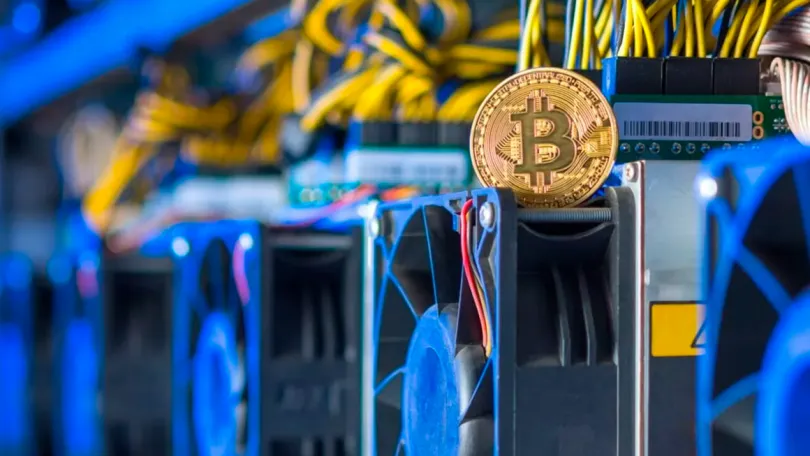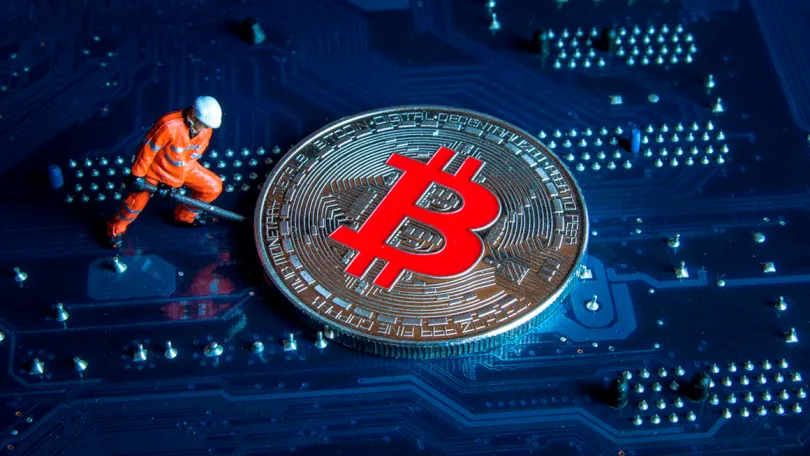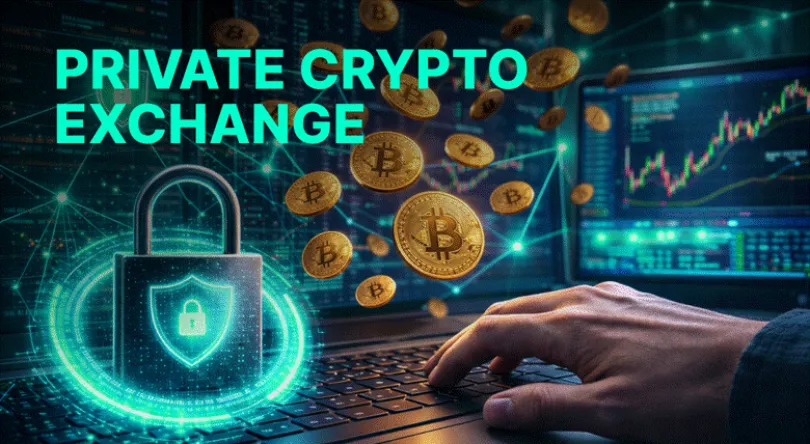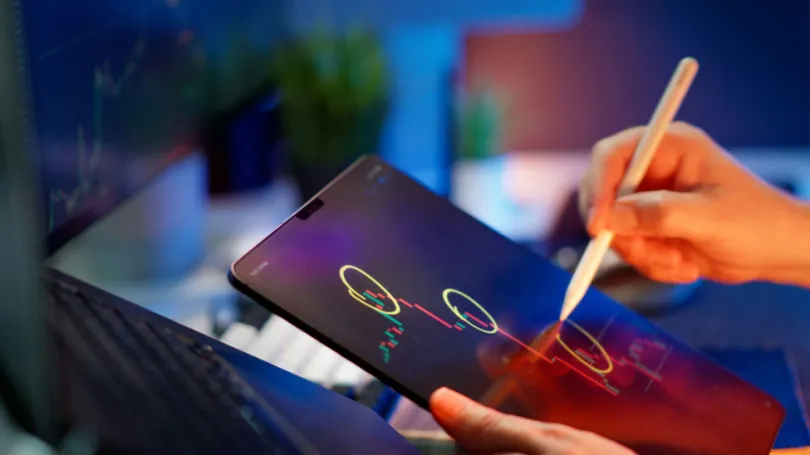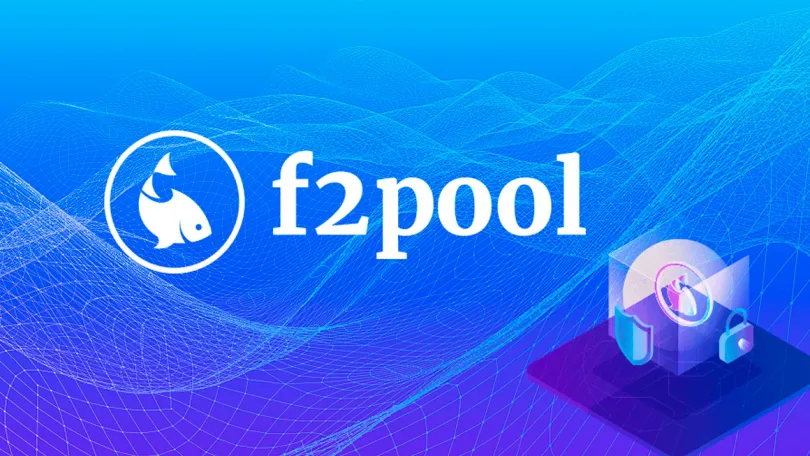
The research conducted by the 0xB10C team sheds light on an important issue within the Bitcoin mining ecosystem.
The study reveals that F2Pool, one of the prominent mining pools for Bitcoin, filters out certain transactions based on a sanctions list provided by the U.S. Office of Foreign Assets Control (#OFAC). This discovery raises questions about the implications of transaction filtering and its impact on the decentralized nature of Bitcoin.
The project Miningpool-observer was created with the aim of detecting instances where BTC mining pools exclude specific transactions from blocks. The 0xB10C team investigated whether the transaction filtering was intentional or if there were other explanations for their absence in the blocks. Experts lean towards the belief that the transaction filtering was deliberate.
In September and October 2023, the RSS feed of Miningpool-Observer noted the absence of specific transactions in six blocks. One of these blocks was generated by the #ViaBTC pool, another by #Foundry USA, and the remaining four blocks by F2Pool. The absence of these transactions in the blocks meant that funds could not be transferred to addresses or wallets subject to OFAC sanctions.
Upon analysis, the 0xB10C team concluded that the transaction filtering was carried out by exact pool which was #F2Pool. They discovered that certain addresses associated with OFAC sanctions were excluded from the blocks generated by this pool. The team speculates that this was done to comply with OFAC rules and avoid potential legal consequences.
However, the legality of such practices remains an open question. Some experts argue that transaction filtering may contradict the principles of decentralization and the freedom to use Bitcoin. They caution that such behavior by mining pools could undermine trust in the network and create disagreements among miners and users.
The Bitcoin community is currently discussing this issue and exploring potential solutions. Some propose the use of mechanisms that allow #miners to choose which transactions they want to include in blocks without filtering based on a sanctions list. Others suggest developing protocols that automatically track and block transactions that violate OFAC rules.
Overall, this research raises an important question about the boundaries of #decentralization in the Bitcoin network and the influence of government sanctions on its functioning. It also sparks a discussion about the need to strike a balance between compliance with regulations and the principles of decentralization and freedom of cryptocurrency usage.
In the future, new solutions and protocols may be developed to address this issue and ensure a fairer and more transparent operation of the #Bitcoin network. However, it remains unclear what the consequences of transaction filtering will be and how it will impact the further development and adoption of Bitcoin as a means of payment and value storage.















